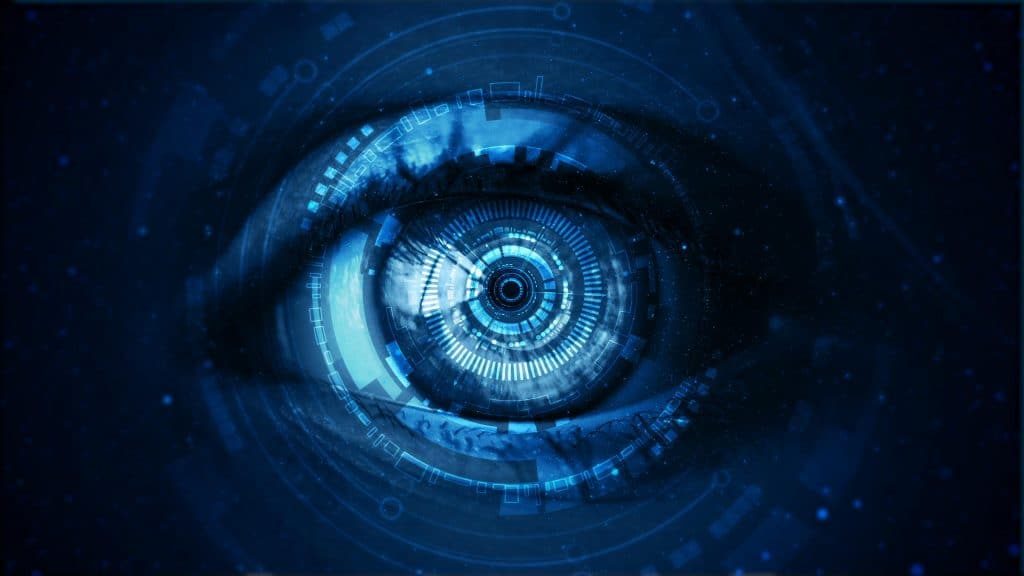Blue light is more energy-intense than other types of light, according to the release, allowing it to penetrate deep into the eye, where over time it can cause irreversible degenerative conditions that may result in blurred vision.
That degeneration has always been most likely to start after the age of 50—but growing numbers of people are being impacted in their 40s. There is concern that blue light exposure is to blame: It is estimated, according to the press release, that we now spend an average of 3 hours and 15 minutes daily looking at phones.
IADSA’s new resource, titledThe Dark Side of Blue Light,explains that a daily intake of 10mg lutein and 2mg zeaxanthin can help to maintain macular health. These nutrients can be found in foods like broccoli, spinach, kale, citrus fruits, avocados, and eggs—but as The Dark Side of Blue Light notes, these foods would have to be consumed in massive quantities daily to get a scientifically meaningful amount of lutein and zeaxanthin, meaning that dietary supplements can play a big role here. The resource was developed in association with the Council for Responsible Nutrition (CRN).
Related: Seeing Clearly: Vision Care in the Era of Blue Light Lutemax 2020 Shown to Impact Eye Health—And Cognitive Health IADSA Launches Resources on Omega-3, Folic Acid Importance
Cynthia Rousselot, Director of Technical and Regulatory Affairs at IADSA, said in the release: “Exposure to blue light has increased for people of all ages, which means eye health is no longer a priority only for the elderly. Our new Mind the Gap story brings this issue to life in an engaging and impactful way.”Steve Mister, President and CEO of CRN, added: “Smart phones, computers and energy efficient LED lighting have enriched our lives and delivered many benefits to society. The flipside is a detrimental impact on eye health. With studies showing that 10mg lutein and 2mg zeaxanthin can help to maintain eye health, including these antioxidants in the diet is a sensible step to take.”










